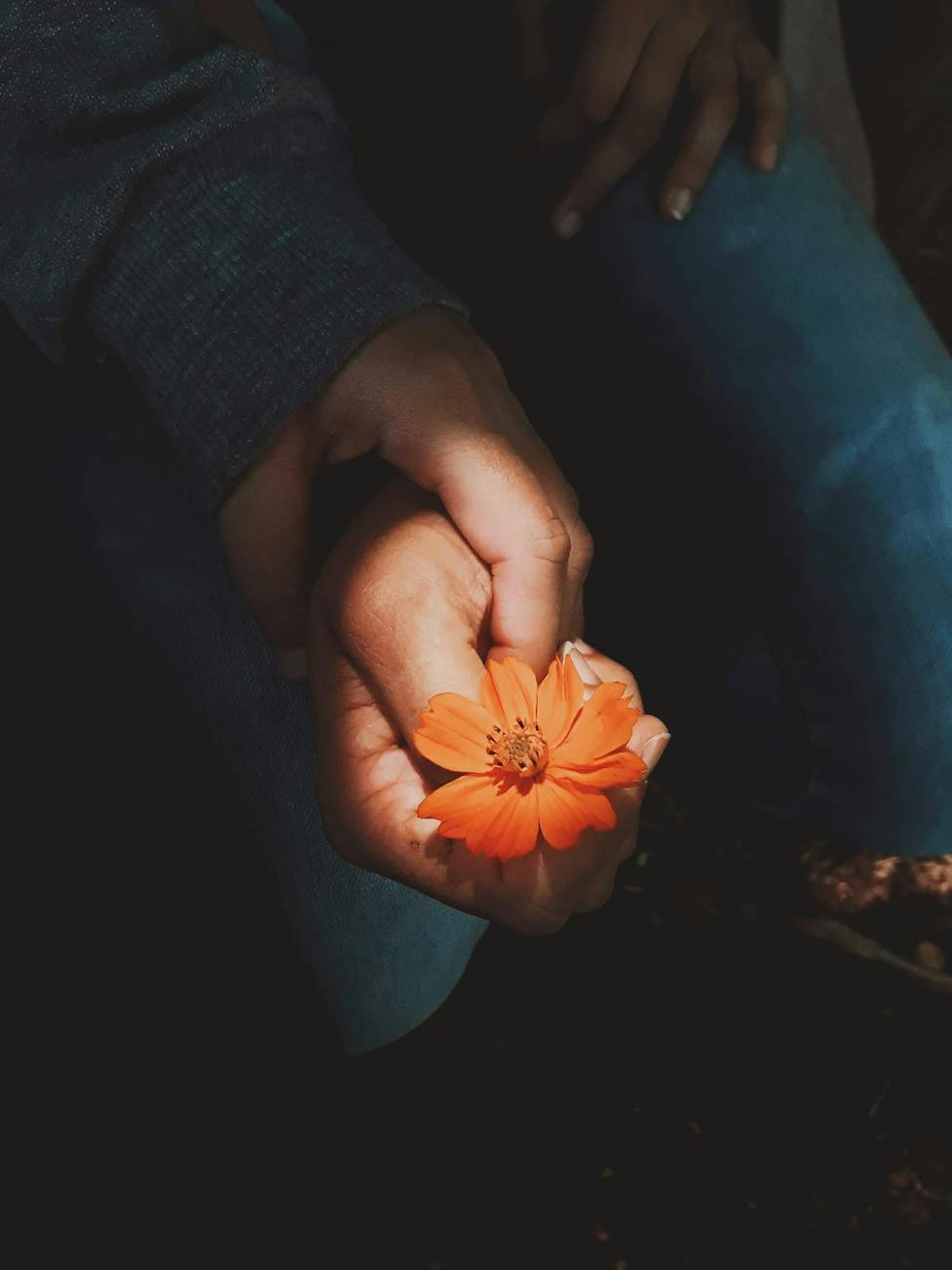
“How are you?”
“I’m fine.”
“How are you?” is a question that used to fill me with dread. It sounds innocent enough, but it is often a loaded question. How many times have you replied that you’re fine when you’re not? Have you ever considered why it is that you do?
For me, it is more times than I could ever count. I didn’t even have to think or break off from what I was doing when asked. I still catch myself doing it, usually when I can tell that the person asking it is only following social convention and not asking because they want to know how I’m doing. When I have not been ok and told these types of people this, they often respond with surprise. It is as if I have broken the game’s unwritten rules. I don’t blame them for this; it is what our society has taught them. I used to do it myself when I was much younger until I realised how pointless and empty it is.
Now, you might not want to tell someone how you are really feeling, and that’s ok. There may be a variety of reasons why you don’t. It could be because of who it is that’s asking or because you don’t feel that they will respond to you telling the truth in a helpful way. Fear of this kept me silent for far longer than was good for me. It was not helped when, on the rare occasion that I responded more honestly, it was often met in various negative ways, ranging from scurrying away to very unpleasant responses. These responses do not encourage anyone to be honest about their feelings. If this is the only feedback people get, they will eventually default to the stock response.
The way I see it is that there are several connected problems here. For many decades here in the UK, people have been socialised to ask how people are even though they haven’t got the slightest interest in that person or who they are. It is seen as being polite and gives the impression of being caring. Also, for decades, people have been taught to see the expression of feelings, especially those seen as negative, such as sorrow or fear, as wrong and shameful. So, not only does this lead to them repressing their feelings, but it also leads to them having no idea how to deal with other people’s feelings. Those who do not break free from this or are not taught differently become trapped. This doesn’t help anyone or society as a whole. All that results is an unhealthy and dangerous vicious cycle.
There is no quick fix to this, but if we want to prevent people from developing severe mental health issues, we must invest in the long term. Throwing money at services will not help as much as it should if the attitudes cultivated over generations regarding our feelings do not change as well.
Written By Lorna Smart
Blogger @Poemstellium
Instagram @lornasmartwordcrafter
Linkedin: www.linkedin.com/in/lornasmartwordcrafter/
Leave a Reply